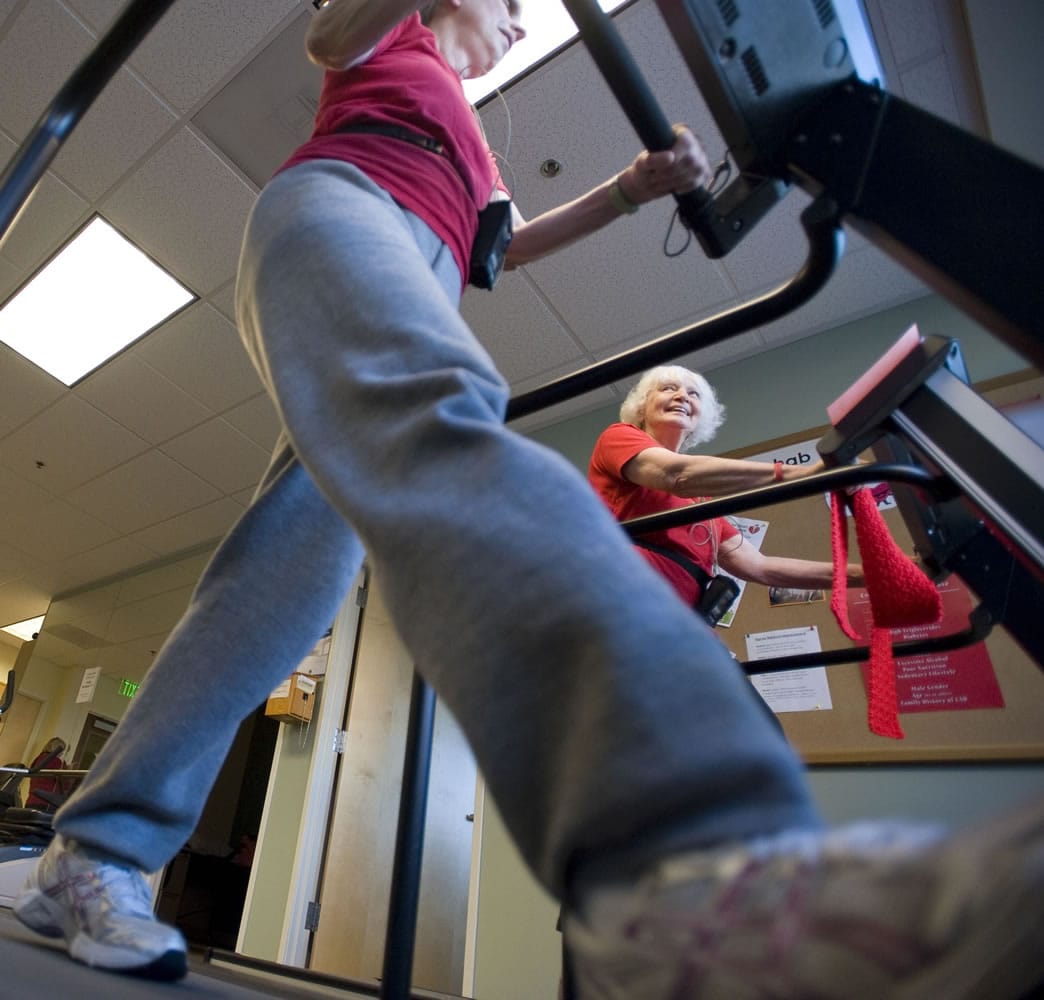WomenHeart holds monthly meetings from 7 – 8:30 p.m. on the third Thursday of the month at Legacy Salmon Creek Hospital, Room B; and from noon to 1:30 p.m. every third Friday at PeaceHealth Southwest Medical Center, Education Bldg. Room 7. The events are free to all women. Learn more at WomenHeart.
WomenHeart is a national nonprofit organization founded by three women who suffered heart attacks in their 40s.
They didn’t know each other, lived in different parts of the U.S. and were brought together by a magazine interested in writing an article about women’s heart disease — particularly its impact on young women survivors.
What they discovered and shared during their meeting was the lack of understanding, misdiagnosis and misconception by medical practitioners. Women exhibit different signs of heart disease than men, yet practitioners were often providing the same treatment or dismissing women’s anguish about heart attack as something unrelated.




